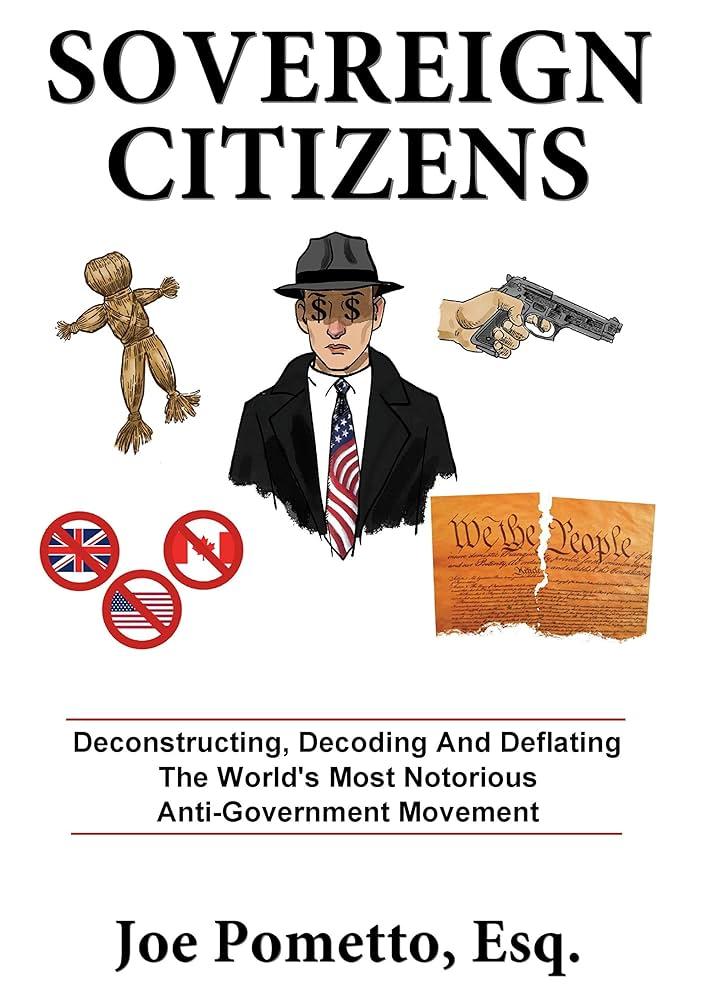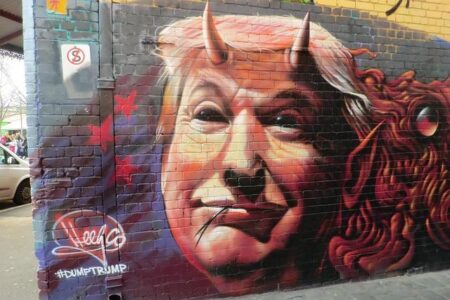Australia’s enduring presence of “sovereign citizens” – individuals who reject the legitimacy of government laws and institutions – can be traced back to the remote expanses of outback Western Australia. This distinctive movement, often associated with fringe legal theories and a deep mistrust of state authority, has carved out a persistent niche in Australian society. Exploring its origins and evolution in the vast and isolated landscapes of WA sheds light on the complex socio-political undercurrents that continue to challenge Australia’s governance and legal frameworks.
Origins of Sovereign Citizen Movements in Outback Western Australia
Emerging from the vast and isolated landscapes of outback Western Australia, the roots of sovereign citizen movements intertwine with a unique blend of rural resilience and historical grievances. These communities, often distant from metropolitan centers, foster a deep-seated skepticism toward centralized authority and governmental regulation. Early settlers and pastoralists who felt disenfranchised by property laws and taxation evolved a narrative that questioned the legitimacy of official institutions, sowing the seeds of what would later be recognized as sovereign citizen ideology.
Key factors influencing this movement’s origins include:
- Historical disputes over land ownership and native title claims
- The rugged independence demanded by outback living
- Resistance to perceived overreach by federal and state governments
- Transmission of fringe legal theories through local networks
| Time Period | Outback Events | Influence on Movement |
|---|---|---|
| 1950s-60s | Post-war land reforms | Heightened local mistrust of government |
| 1980s | Expansion of mining leases | Disputes over resource rights |
| 1990s | Legal challenges to land tenure | Popularization of sovereign legal arguments |
How Historical Grievances Fuel Modern Sovereign Citizen Ideologies
The roots of modern sovereign citizen movements in Australia are deeply intertwined with a legacy of historical grievances, especially in remote regions like Western Australia’s outback. Early settlers and Indigenous populations alike harbored resentment against colonial authorities, fueled by perceived injustices related to land dispossession, restrictive laws, and economic marginalization. These longstanding grievances have morphed over generations into a distrust of government institutions, giving rise to fringe communities that reject conventional legal systems and assert alternative claims to sovereignty.
Key factors that sustain these contemporary ideologies include:
- Historical land disputes that cast doubt on the legitimacy of state governance.
- Economic disenfranchisement in rural areas, contributing to feelings of isolation and neglect.
- Legal misunderstandings propagated through misinformation networks and pseudo-legal arguments.
| Period | Event | Impact on Sovereign Beliefs |
|---|---|---|
| 1800s | Settlement & Land Grants | Dispossession of Indigenous land rights |
| 1900s | Legislative Centralisation | Reduced regional autonomy |
| 2000s | Rise of Online Communities | Spread of sovereign citizen doctrines |
This complex tapestry of historical events and socio-economic conditions continues to shape how sovereign citizen ideologies take root, particularly in areas where the government’s presence is perceived as invasive or illegitimate. Understanding these undercurrents is essential for addressing the motivations behind such movements and finding pathways toward meaningful engagement and resolution.
Strategies for Addressing Sovereign Citizen Challenges in Australian Communities
Community-level engagement remains a cornerstone in mitigating the often misunderstood and occasionally volatile presence of sovereign citizen adherents, particularly in regions with historical roots like outback Western Australia. Authorities and local organizations have found that building trust through dialogue and education is essential. Initiatives that include workshops on legal literacy and community forums facilitate clearer understanding of citizen rights and responsibilities, which can dismantle misinformation that fuels the movement. Additionally, embedding cultural competency and conflict resolution training within law enforcement agencies equips officers with non-escalatory tactics tailored to navigate interactions with sovereign citizens.
- Collaborative partnerships: between police, legal experts, and community leaders
- Targeted public awareness campaigns: addressing myths and legal realities
- Early intervention programs: identifying individuals at risk before conflicts arise
| Strategy | Key Focus | Impact |
|---|---|---|
| Community Forums | Open dialogue and education | Reduced hostility and misinformation |
| Training for Law Enforcement | Conflict de-escalation | Improved safety and trust |
| Legal Literacy Campaigns | Clarifying citizen rights | Empowered informed communities |
Moreover, mental health support services and counseling play a pivotal role in addressing underlying grievances often exploited by sovereign citizen rhetoric. By integrating social services with law enforcement responses, a more holistic approach emerges-one that balances firmness with empathy. Importantly, digital monitoring and counter-misinformation strategies have proven vital in preempting the spread of radical narratives online, ensuring that communities stay resilient against extremist ideologies. This multi-layered, proactive model continues to evolve, reflecting the complexities of sovereign citizen challenges in Australia’s diverse communities.
Closing Remarks
Australia’s enduring presence of ‘sovereign citizens’ underscores a complex legacy rooted deep in the nation’s history, particularly in remote regions like outback Western Australia. As authorities continue to grapple with the movement’s challenges, understanding its origins provides crucial context for addressing its modern manifestations. This historical perspective not only sheds light on a persistent strain of dissent but also highlights the ongoing dialogue between sovereignty, law, and identity in Australia’s evolving national narrative.




